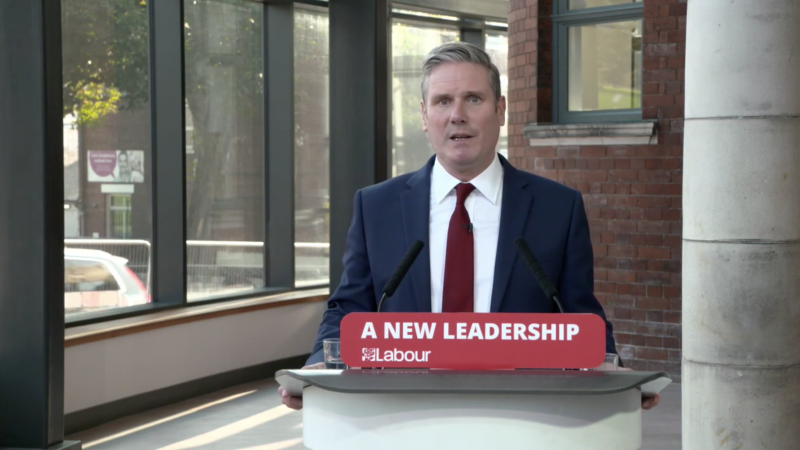
New polling has found high levels of consensus among the British public on the economy. Clear majorities were identified in support of a targeted extension of the furlough scheme (66%), job guarantees for under-25s (64%) and benefits covering the entire housing costs of unemployed people during coronavirus (64%). But independent think tank the Royal Society for Arts, Manufactures and Commerce (RSA), which commissioned the research, warns that this new ‘social contract’ could be undermined by the apparent culture war between ‘cosmopolitans’ and ‘traditionalists’.
Of those who say they “have a lot of respect for traditional British values”, 39% also say the Tories best align with their values, with only 22% opting for Labour. Of those who say it is “a good thing that Britain is getting more diverse”, 43% pick Labour as the party closest to their views, compared to 15% choosing the Tories. These kinds of results are the ones that the new Labour leadership has its eye on. This line of thinking about consensus on the economy versus deep divides over culture came through in the Labour Together election review, and came through in the work of David Evans years before he was appointed as the party’s general secretary. And it will shape this morning’s keynote speech, as outlined by the RSA’s Anthony Painter on LabourList today.
Keir Starmer will use his first party conference address since becoming leader to vow that the Labour he leads will be one of “opportunity, family and security”. Asking voters to “take another look at Labour”, he will share details of his own personal background, showing that Angela Rayner isn’t the only top figure with an emotive story that gives an insight into the origins of their politics. And he will tell this story while talking about the opportunities afforded to him in Britain. Setting out his vision for how this country can be the “best place to grow up in and the best place to grow old in”, the world “values” will appear and be defined as: “Decency, fairness, opportunity, compassion and security.” This is how Starmer intends to bridge the ‘cultural values gap’ and build a broad coalition of voters to win the next general election.
Party members might think it all sounds quite Blue Labour, or ‘travaille, famille, patrie’. But this messaging around security, patriotism and family has been running through Starmer’s interventions since he became leader and they are central to his electoral strategy. They explain his appointments, too. Evans, who wrote for LabourList back in 2017 as I mentioned yesterday, advocates the ‘values model’ of understanding political behaviour. As I wrote back in May, policy chief Claire Ainsley would promote use of the word “family” by the leader’s office, based on her theory of ‘the new working class’.
There is a danger that talking about ‘family’ can leave some people feeling that they are not being spoken to. As an only child with a single parent, ‘family’ in a political context sounds like a concept that does not apply to me, thanks to the stigma associated with single mothers particularly when I grew up in the ‘90s – stigma that New Labour reinforced. (My first political act was protesting in parliament, as a three-year-old, against Tony Blair’s lone parent benefit cut.) With coronavirus news dominating the news agenda, Starmer cannot afford to be subtle. For cut-through, his message needs to be bold and clear. But he must ensure that the language he uses does not only appeal to social conservatism, or he risks leaving parts of the all-important voter coalition behind.
Sign up to LabourList’s morning email for everything Labour, every weekday morning.



More from LabourList
Turning the page? Labour’s recovery in the polls show a path to 2029 victory
Restoration announce recommendations for NEC candidates
‘Factionalism at the top is weakening Labour – and handing a gift to Reform’